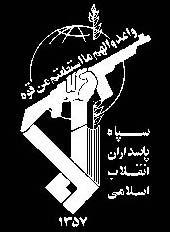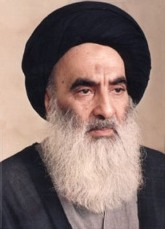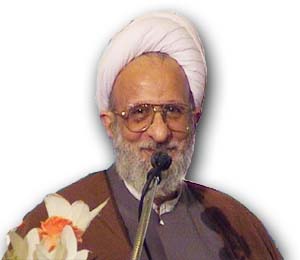U.S. Human Rights Propaganda
The United States, State department has released it 2005 Human Rights report was nothing more than an excise in propaganda, hence it was to be expected that Iran should feature prominently despite the absence of credible evidence in the States Departments report. In fact, the report states in a footnote that the "United States does not have an embassy in Iran. This report draws heavily on non-U.S. Government sources." In other words it is made up - HRW and AI that are heavily critical of Iran due to their well documented pro-Zionist and Islamophobic political leanings, also have no offices or sources in Iran.
"Exiles and human rights monitors alleged that many of those supposedly executed for criminal offenses, such as narcotics trafficking, actually were political dissidents."
The exiles here refer to the MKO, a proscribed terrorist organisation that has is notorious for fabricating stories regarding Iran and is responsible for war crimes in Iraq. The MOK has never substantiated any of these claims. HRW and AI rely on MKO or its front organisation NCRI, also a proscribed organisation in the United States for these reports. The United Claims to have reports from human rights monitors are entirely bogus, as none of these Human Rights organisation, actually monitor human rights inside Iran.
"On April 15, there were violent protests in the ethnically Arab province of Khuzestan (see section 5). The protests followed publication of a letter (denounced as a forgery by the government) that allegedly discussed government policies to reduce the percentage of ethnic Arabs in the province. A government official said clashes with security services resulted in 3 or 4 deaths, but Human Rights Watch (HRW) reported at least 50 deaths."
Again HRW would have no way of independently verifying this, the mere fact that they would make such claims demonstrates there hostility towards Iran, it should be noted that HRW is funded in part by the U.S. Gov, so it is not an NGO.
"On December 16, the UN General Assembly adopted a human rights resolution on Iran that expressed, among other points, serious concern at the continuing use of torture and cruel, inhuman, or degrading treatment or punishment, such as floggings and amputations, as well as public executions. It also called on the country to uphold the moratorium on executions by stoning and legally abolish the practice."
This is of course the real issue, the United States which dominates the United Nations despises non-Western civilisation in general and Islamic civilisation in particular; it therefore uses its own very narrow view of Human Rights, as a means to try and demonstrate that other nations, particularly Islamic ones are barbaric and less civilised. Of course the centres on the doctrine of universality of Human Rights: either these rights are inalienable and undeniable as Americans are keen to venture or they are not.
If it is the former, then there is some merit in the Human Rights advocates claim to universality; if however the latter were true, then what we are really talking of is civil rights, that is to say, rights granted by civil society, in suck circumstances it is for each society to establish its own civil rights in accordance with it own religious or secular ethos. It is quite obvious that, for Human Rights to be inalienable, there is a dependence upon God, otherwise human rights are but a societal whim of no enduring relevance. If it is dependent upon God, one assumes that this would be revealed, otherwise these rights would be self-evident to every human in every age, which clearly is not the case.
Thus Human Rights, as a secular notion are a view prevalent in a particular society at a given time. Hence, the question is not whether Iran violates the United States interpretation of Human Rights but whether it violates it own societal Human Rights ethos. Therefore, punishment such as as hanging, stoning, amputations and flogging, which are endorsed in the Quran are not violations of Human Rights; rather they fit into the Islamic model of Human Rights, which is different from the American model but certainly not lesser, indeed from the Iranian perspective it is superior.







